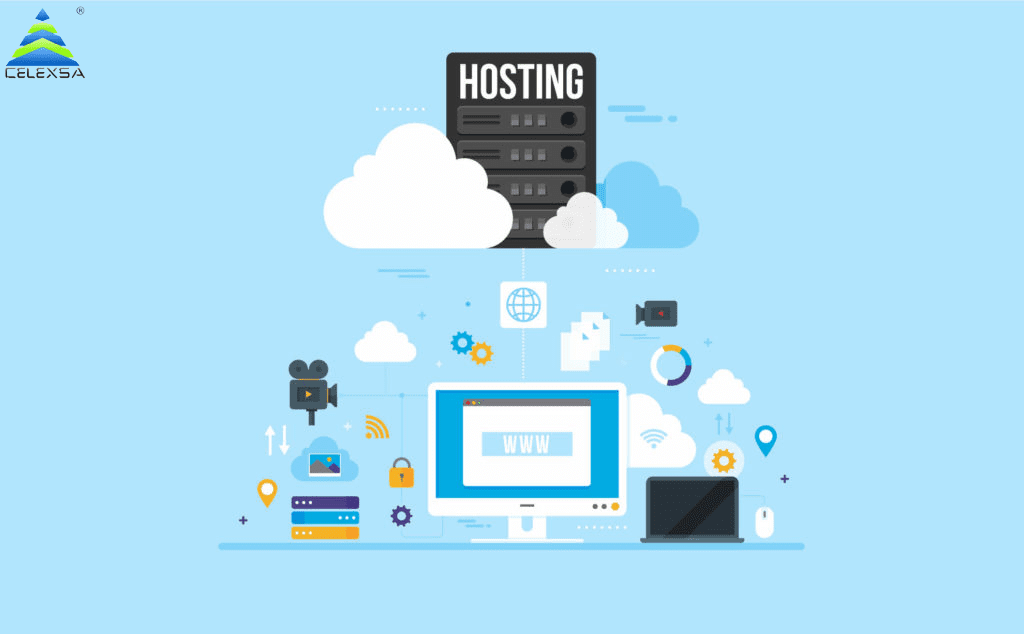Scalability in Hosting: Growing Your Website or Business

In the ever-evolving digital landscape, the success of a website or online business often hinges on its ability to scale seamlessly. Scalability in hosting is a critical factor that determines whether your digital presence can grow and adapt to increased traffic, data, and user demands. In this article, we will explore the importance of scalability, strategies to achieve it, and how it can propel your website or business to new heights.
Understanding Scalability: A Digital Imperative
Scalability refers to a system’s capacity to handle growth efficiently without compromising performance. In the context of web hosting, scalability is crucial for accommodating higher levels of traffic, increased data storage needs, and the expansion of features and functionalities. Without a scalable hosting infrastructure, websites risk performance bottlenecks, downtime, and a poor user experience – factors that can have detrimental effects on user retention and overall success.
The Pillars of Scalability
- Flexible Infrastructure: Adopting a hosting solution with a flexible infrastructure is paramount. Cloud hosting services, such as Amazon Web Services (AWS), Google Cloud Platform (GCP), and Microsoft Azure, offer scalable solutions that can adapt to the changing needs of your website or business. The ability to scale resources up or down in real-time ensures optimal performance during traffic spikes and cost efficiency during quieter periods.
- Load Balancing: Distributing incoming web traffic across multiple servers through load balancing is a key strategy for maintaining performance under heavy loads. Load balancers ensure that no single server bears the brunt of excessive traffic, preventing slowdowns or downtime. This approach enhances the overall reliability and responsiveness of your website.
- Vertical and Horizontal Scaling: Vertical scaling involves increasing the capacity of a single server by adding more resources, such as RAM, CPU, or storage. Horizontal scaling, on the other hand, involves adding more servers to distribute the load. The choice between vertical and horizontal scaling depends on the specific needs of your website or business, and a combination of both may be the most effective approach.
- Content Delivery Networks (CDNs): CDNs enhance the scalability of your website by distributing static assets, such as images and videos, across a network of servers strategically located worldwide. This reduces latency and accelerates content delivery, providing a seamless user experience regardless of the user’s geographical location.
Strategies for Achieving Scalability
- Regular Performance Monitoring: Implementing robust monitoring tools is crucial for identifying performance bottlenecks and anticipating scalability needs. Real-time analytics can help you make informed decisions about resource allocation and scaling adjustments.
- Auto-scaling: Leveraging auto-scaling features provided by cloud hosting services allows your infrastructure to automatically adjust resources based on predefined triggers, such as traffic spikes or increased demand. This hands-off approach ensures that your website remains responsive without manual intervention.
- Optimizing Code and Database: Inefficient code and database queries can strain server resources and hinder scalability. Regularly optimizing your codebase and database structure can significantly improve performance and reduce the resources required to handle user requests.
- Caching Strategies: Implementing caching mechanisms, such as browser caching, server-side caching, and content caching, can significantly reduce the load on your server by serving static content directly to users. This not only improves response times but also contributes to overall scalability.
The Business Impact of Scalability
- Enhanced User Experience: A scalable hosting infrastructure ensures that your website remains responsive and accessible, even during traffic peaks. This positive user experience fosters customer satisfaction and loyalty.
- Cost Efficiency: Cloud-based scalability allows you to pay for the resources you consume, avoiding unnecessary expenses associated with overprovisioning. This cost-effective approach aligns with the growth trajectory of your website or business.
- Competitive Advantage: In a digital landscape where user expectations are high, a scalable website stands out. The ability to handle growth efficiently and provide a seamless user experience gives your business a competitive edge.
Conclusion
Scalability in hosting is not just a technical consideration; it’s a strategic imperative for any website or online business aiming for sustainable growth. By investing in scalable hosting solutions and implementing effective strategies, you can future-proof your digital presence, enhance user satisfaction, and position your business for success in a dynamic and competitive online environment.











